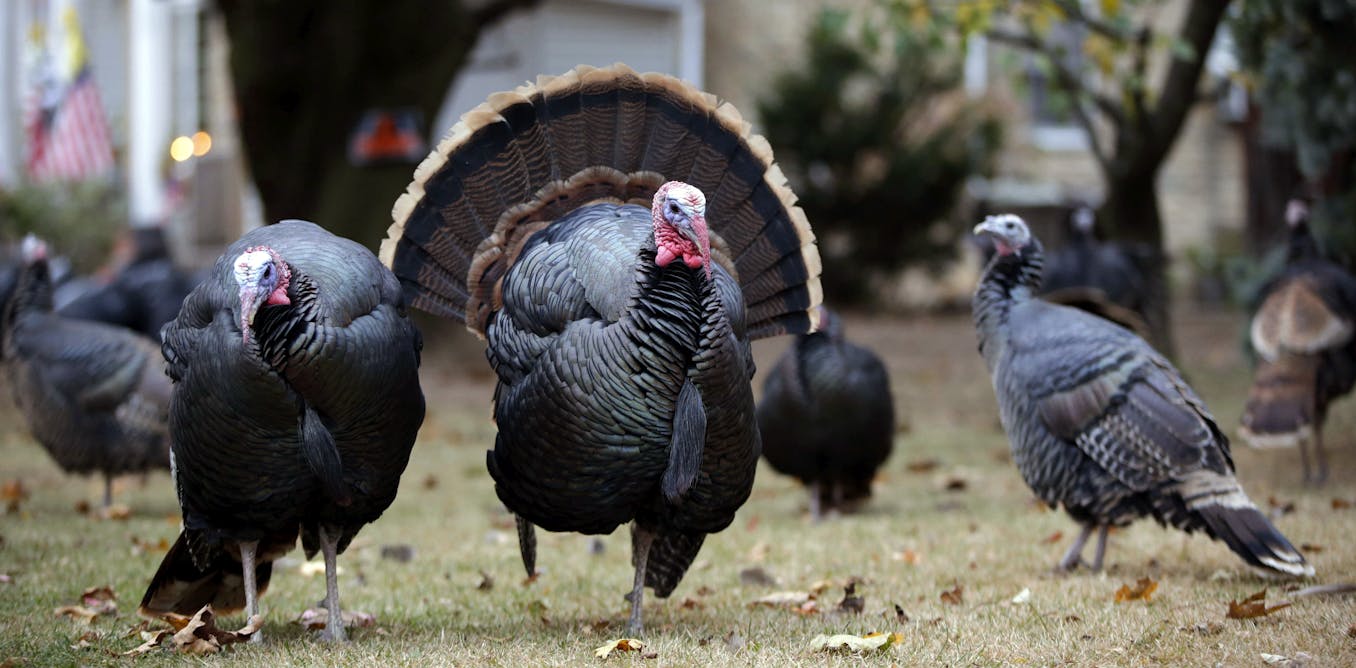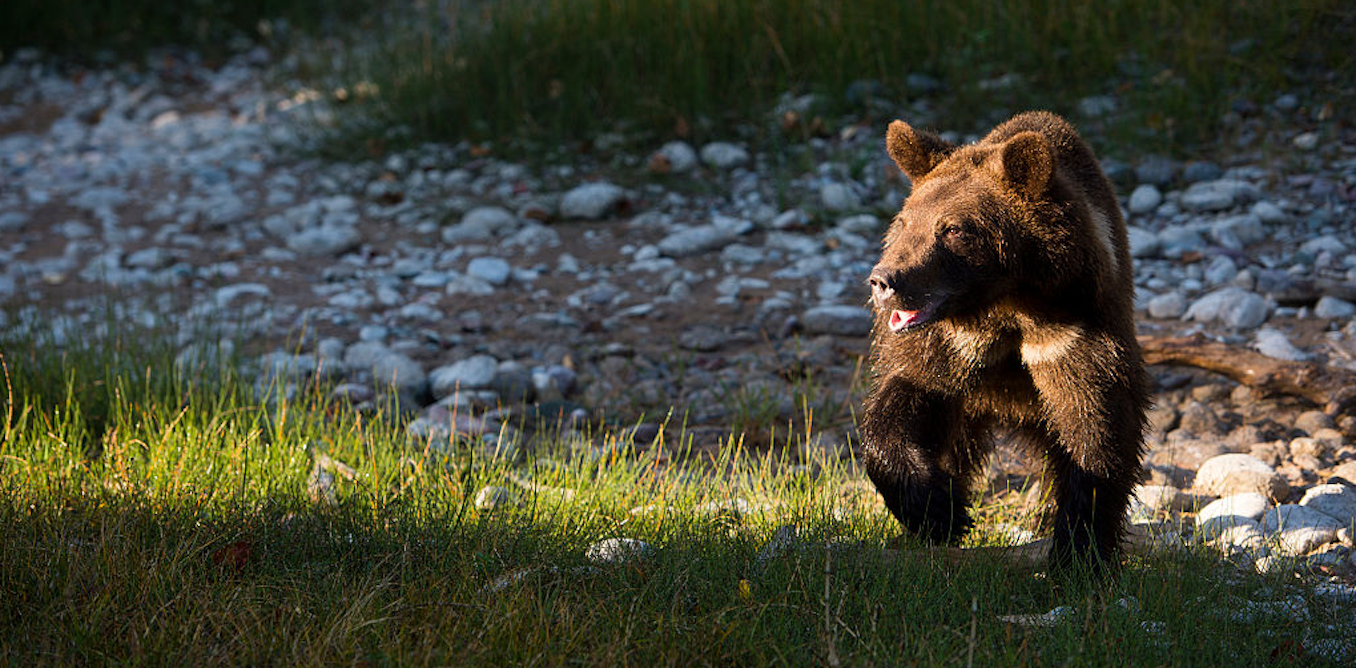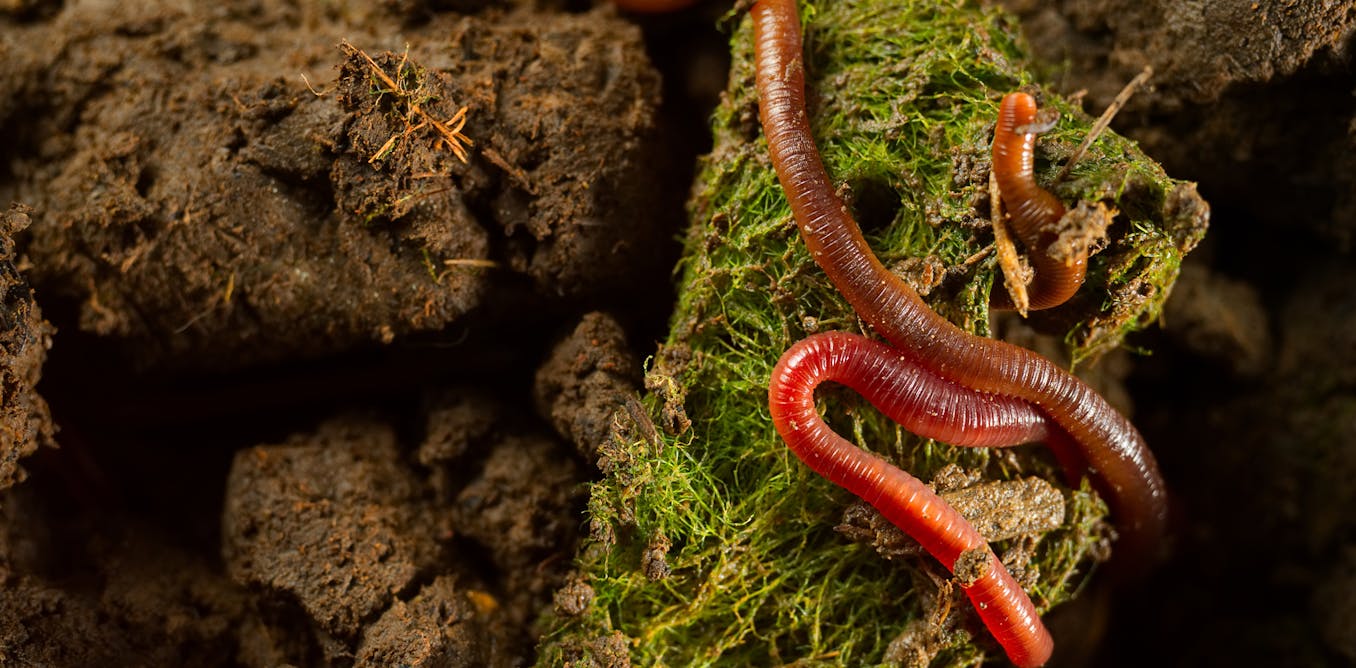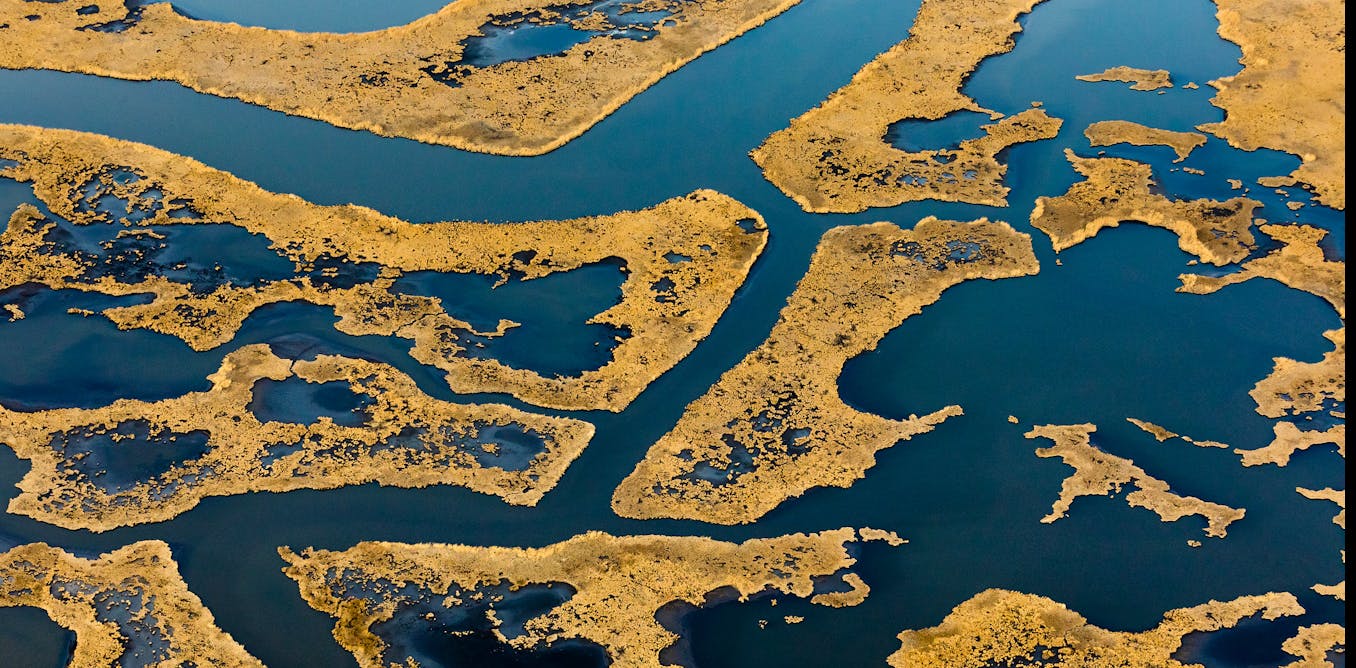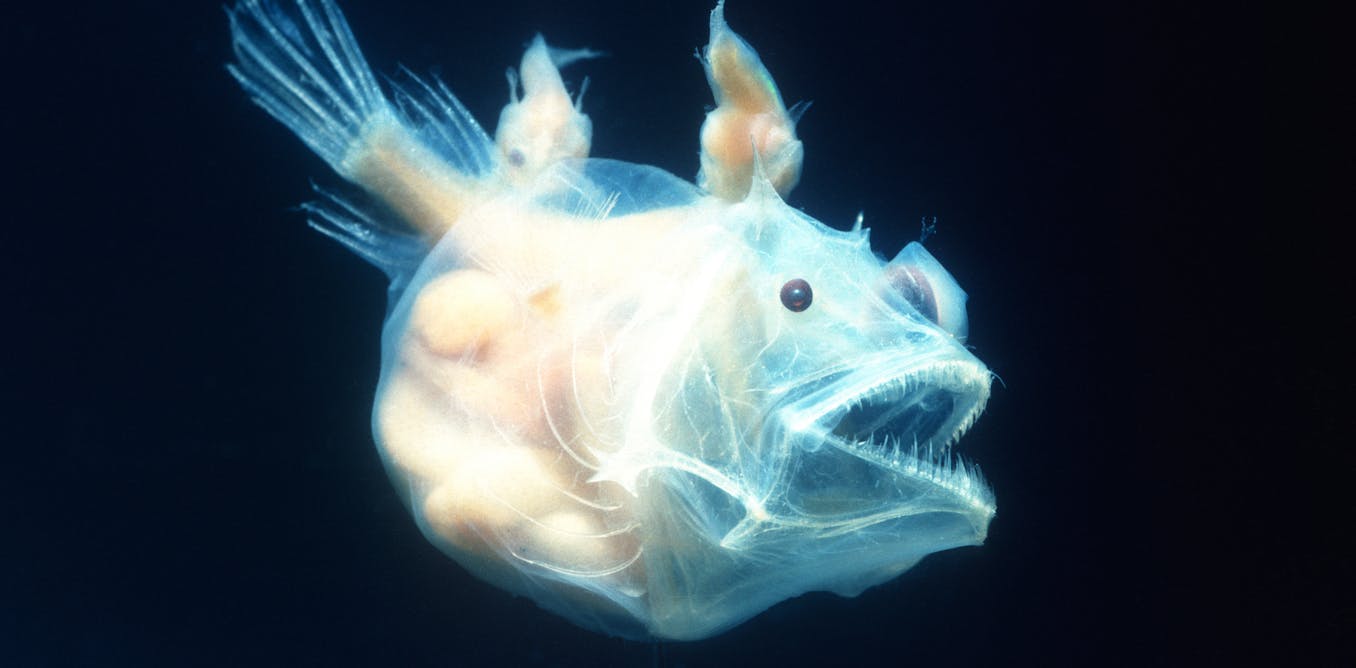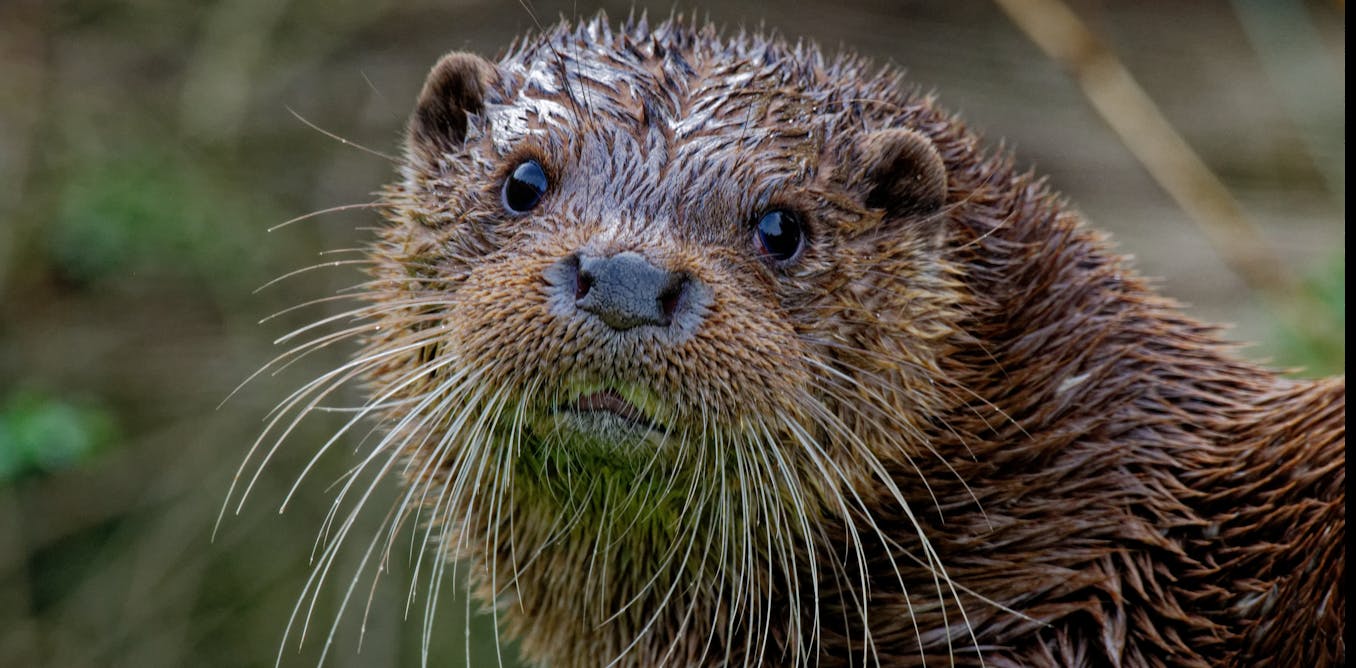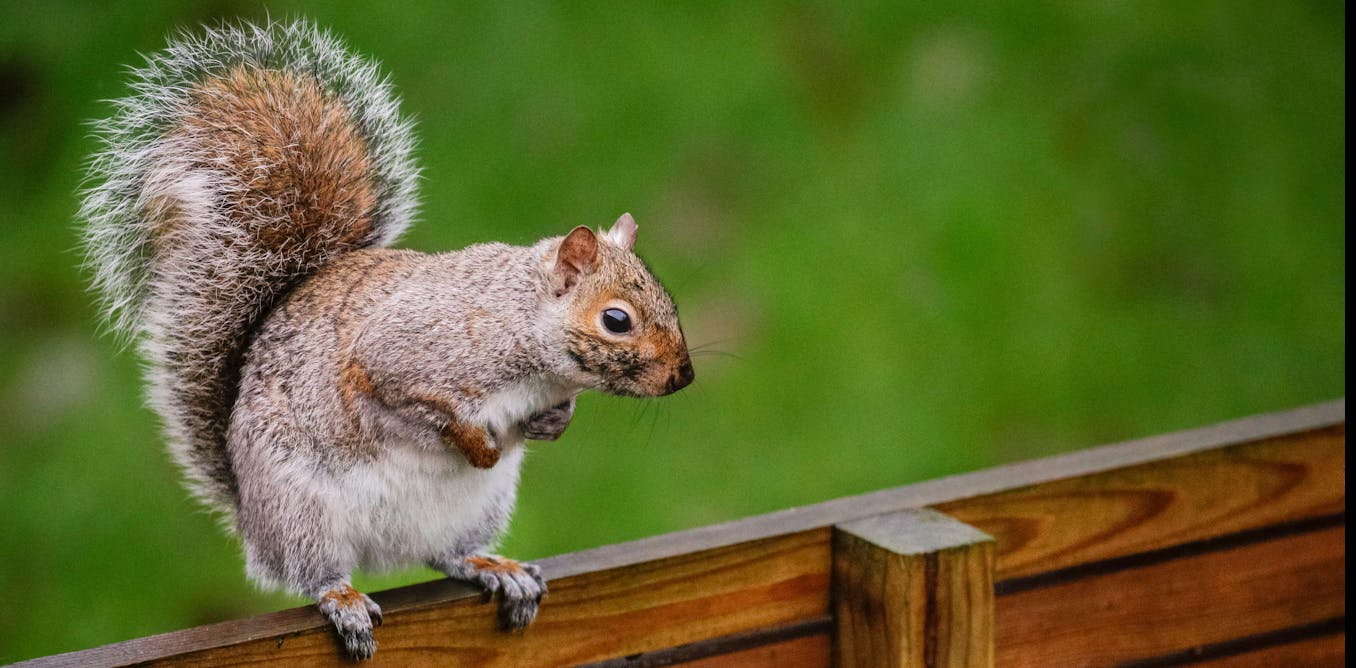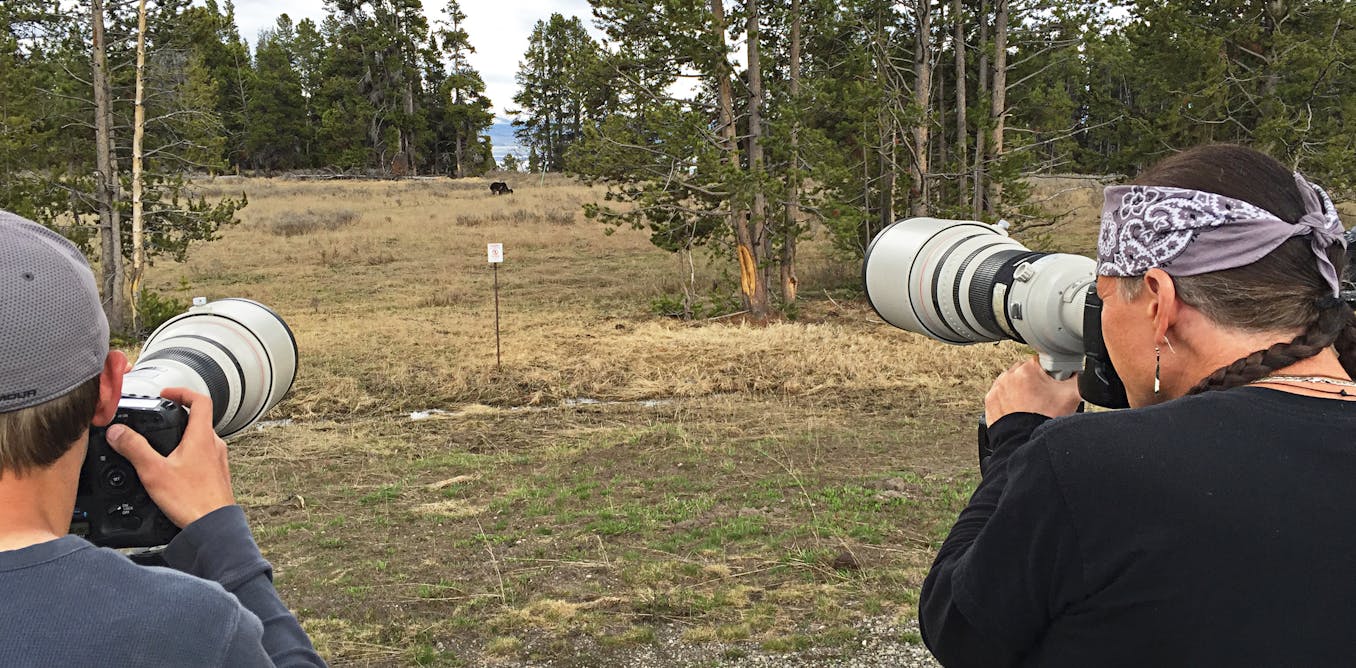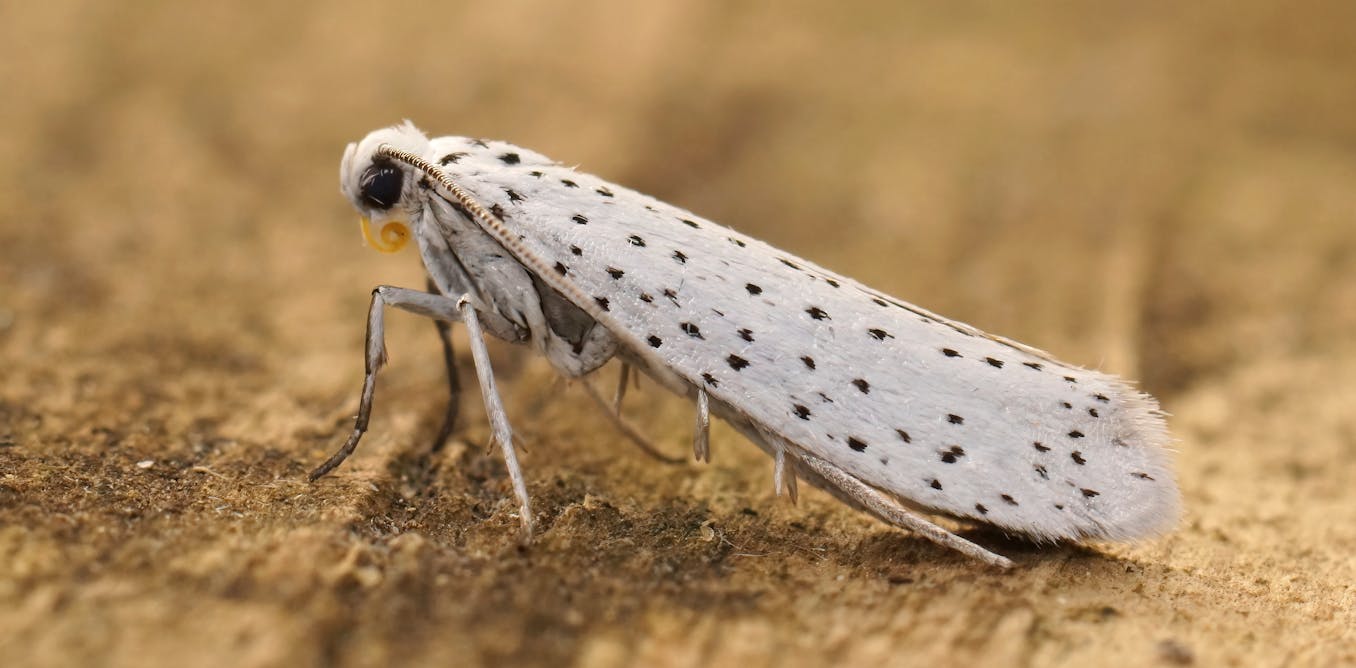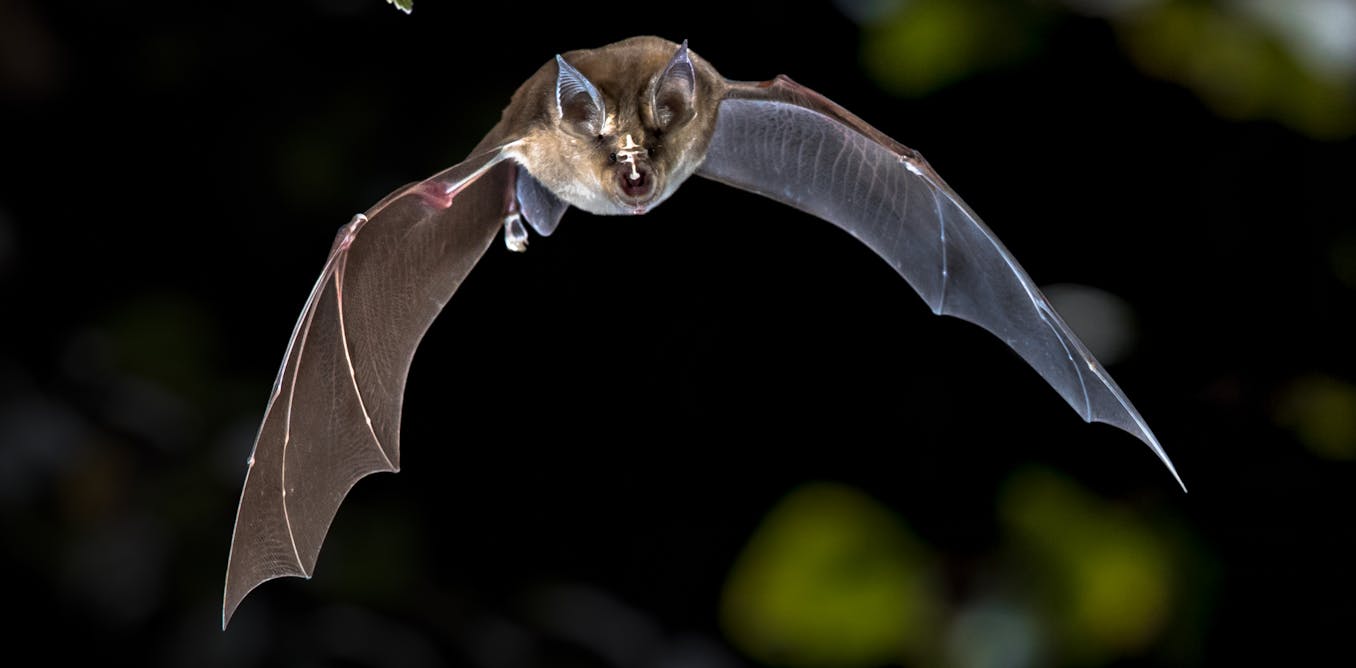Wild turkey numbers are falling in some parts of the US – the main reason may be habitat loss
Wild turkeys were overhunted across the US through the early 1900s, but made a strong comeback. Now, though, numbers are declining again. Two ecologists parse the evidence and offer an explanation.
April 19, 2024 • ~10 min

